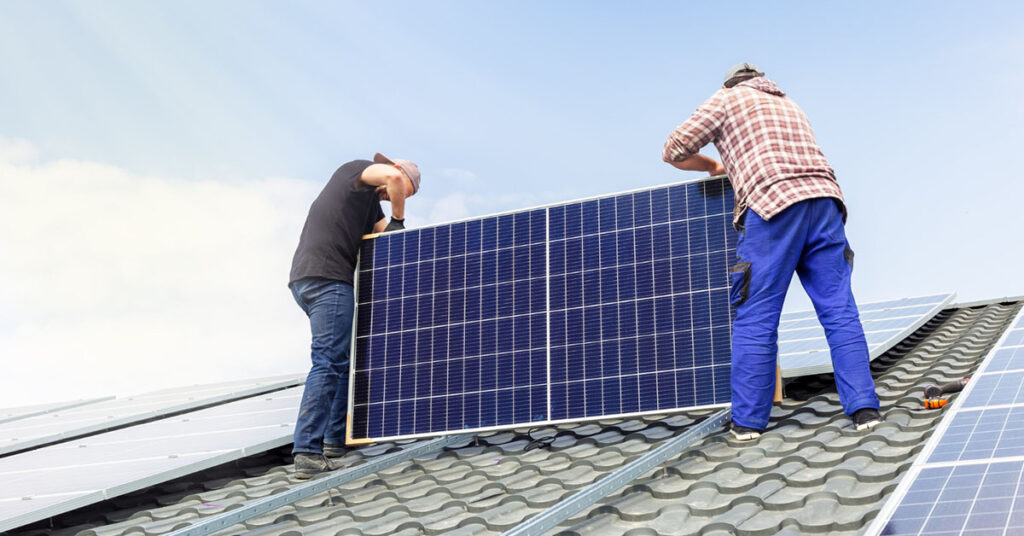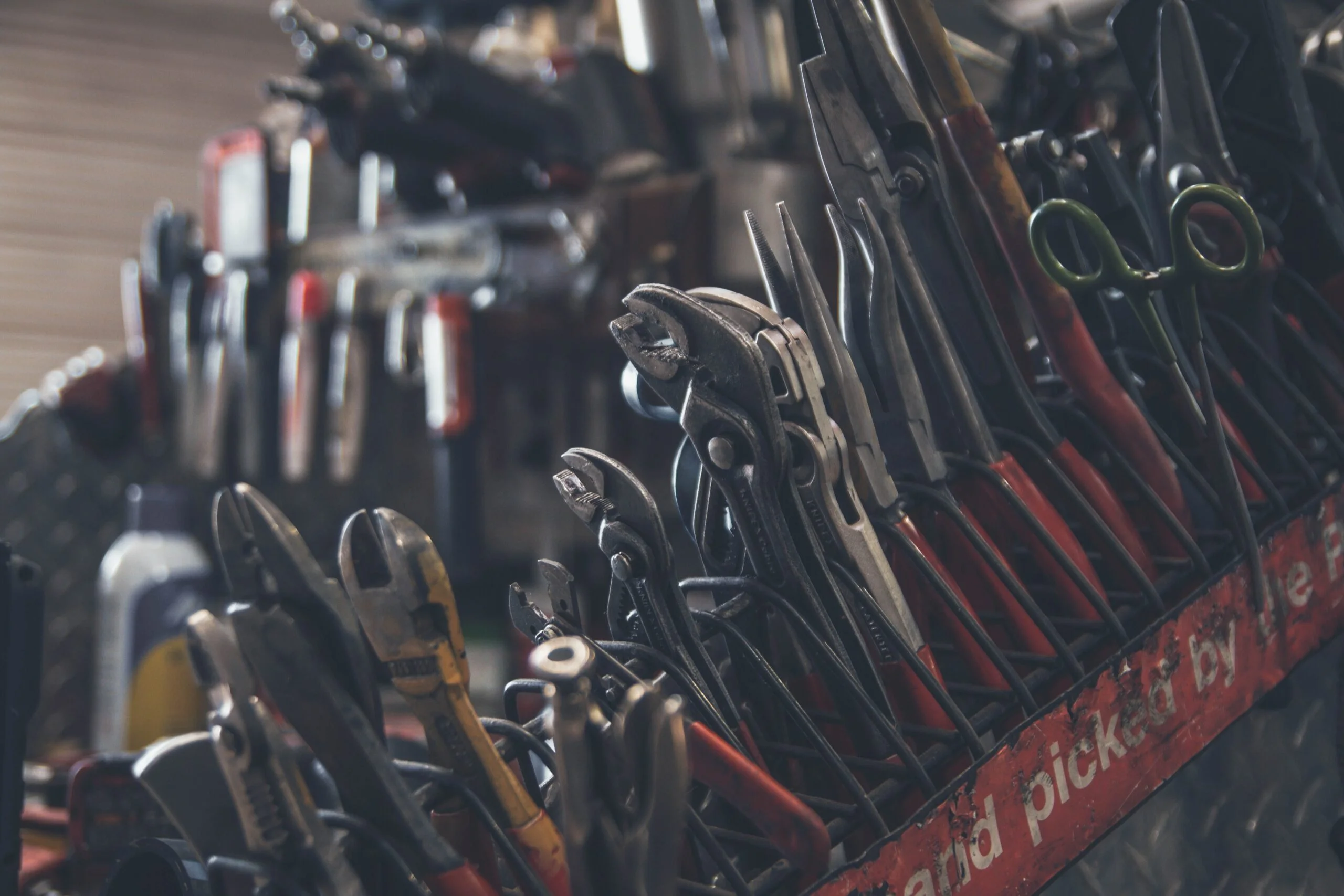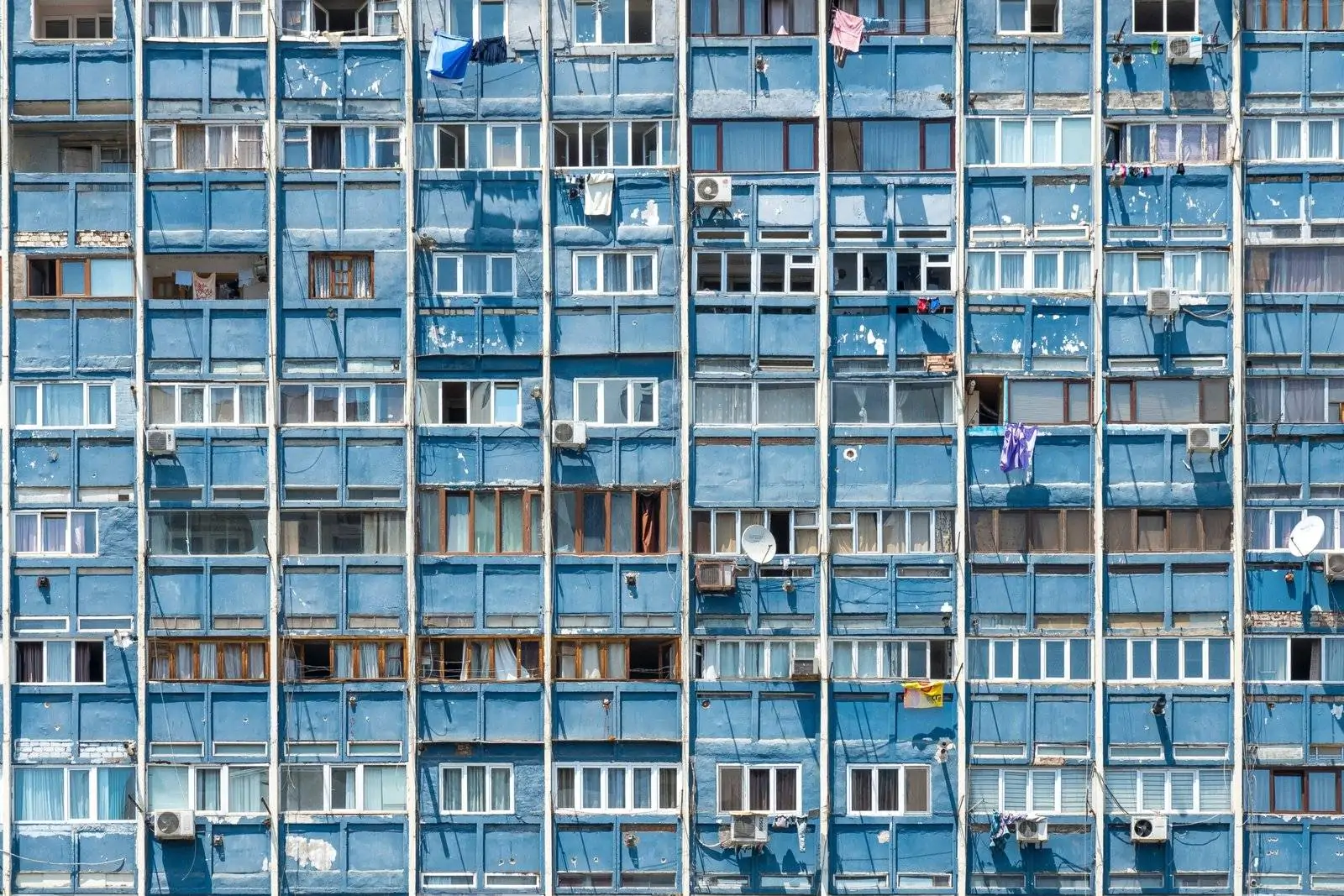As interest in renewable energy sources grows, many Dallas homeowners are contemplating the installation of solar panels on their roofs. However, before taking the plunge, it’s essential to determine whether your roof is suitable for solar energy conversion. This guide will answer the most common question homeowners often ask: “Is my roof good for solar”, ensuring that you can make an informed decision for your home’s energy needs. Let’s dive in.
Is My Roof Good for Solar?
Determining whether your roof is suitable for solar panel installation is a crucial first step in transitioning to solar energy. Several factors come into play when assessing the suitability of your roof for solar, including orientation, angle, condition, shading, and local regulations.
Assessing Roof Orientation and Angle
One of the primary considerations for solar panel placement is the orientation of your roof. South-facing roofs typically receive the most sunlight throughout the day, making them ideal for solar installations in Dallas. Additionally, the angle of your roof plays a crucial role in maximizing solar energy production.
A roof with a pitch between 15 and 40 degrees is considered optimal for capturing sunlight efficiently. By evaluating your roof’s orientation and angle, you can determine its potential for harnessing solar power effectively.
Roof Condition and Age
Before installing solar panels, it’s essential to assess the condition and age of your roof. Since solar panels have a lifespan of 25 years or more, your roof should be structurally sound to support their weight and withstand environmental elements.
Common roofing materials such as asphalt shingles, metal, or tile are generally compatible with solar installations. However, any existing roof issues, such as leaks or damage, should be addressed before proceeding with solar panel installation to avoid complications down the line.
Shading and Obstructions
Shading from trees, buildings, or other structures can significantly impact the performance of solar panels. To maximize energy production, it’s crucial to minimize shading by identifying and addressing potential obstructions.
This may involve trimming overhanging branches, adjusting the placement of solar panels, or installing shading mitigation devices. By optimizing sunlight exposure, you can ensure that your solar panels operate at peak efficiency and generate maximum electricity output.
Local Regulations and Permits
Before installing solar panels, homeowners in Dallas must navigate local regulations and obtain necessary permits. Building codes and zoning ordinances may dictate specific requirements for solar panel installations, including setback distances, installation methods, and electrical safety standards.
Obtaining permits ensures compliance with local regulations and safeguards against potential legal issues. Consulting with a knowledgeable solar installer can help streamline the permitting process and ensure that your solar installation meets all necessary requirements.
Financial Considerations
While the initial cost of solar panel installation may seem daunting, it’s essential to consider the long-term financial benefits. In addition to reducing your carbon footprint, solar panels can significantly lower your electricity bills and provide a return on investment over time.
Dallas homeowners may also qualify for various incentives, rebates, and tax credits, further offsetting the upfront cost of solar installation. By conducting a cost-benefit analysis and exploring available financial incentives, you can make a financially savvy decision that aligns with your budget and sustainability goals.
Hiring a Professional Solar Installer
Choosing a reputable and experienced solar installer is crucial for the success of your solar panel installation. Look for installers with a proven track record of quality workmanship and customer satisfaction. Additionally, opt for a company that is familiar with local conditions and regulations in Dallas to ensure a smooth installation process.
Requesting quotes from multiple installers and conducting thorough research can help you find the best fit for your needs. Remember, investing in a qualified installer is an investment in the long-term performance and reliability of your solar energy system.
Read More: Does Metal Roof Increase Home Value?
Conclusion
Installing solar panels on your roof can be a wise investment in both energy savings and environmental sustainability. By assessing your roof’s suitability for solar and considering important factors such as orientation, condition, shading, and local regulations, you can make an informed decision that benefits both your home and the planet.


